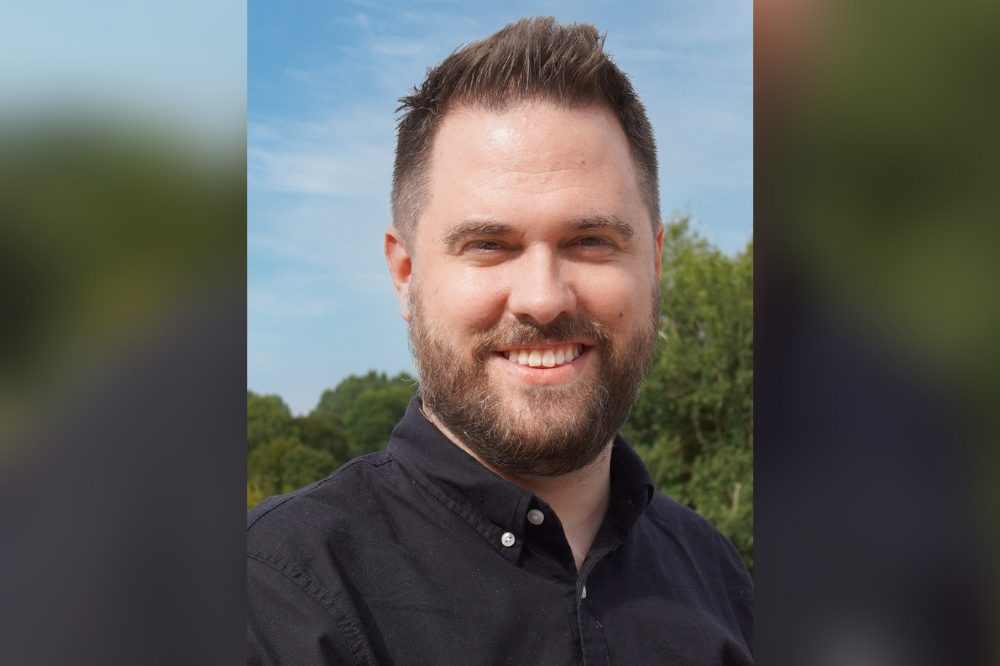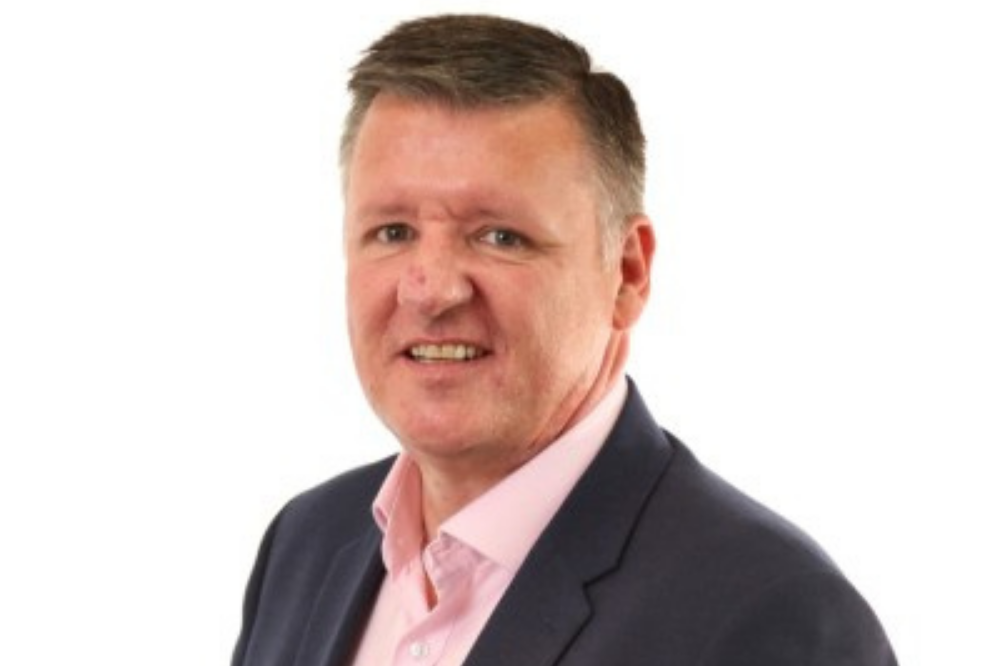![]()
“[That success] has come because we’re surrounding ourselves with great people,” he said. “People didn’t know who handl were but I don’t think that’s the case anymore. People now see us as a market player. We can do better and we’ll carry on doing better in terms of exposure and we’ll get to where we want to be.”
Four key themes are the foundation of the strategic journey that Pulford and his team are looking to bring handl on this year. The first of these is profit-driving, he said, but it is critical to note that this is not focused simply on making money but rather on creating a position whereby handl ensures it has got the great products and services necessary to build out its market share. This means empowering and enabling its management teams to create these products and sell more of them, which in turn leads to more profit.
“The second [theme] is resilience,” he said. “We’ve proven that we’ve got a great, resilient business. We’ve just gone through probably the worst thing that has ever hit our business but we’ve come out the other side of it. We’ve got a few bruises and scars but that shows we’re resilient. And I think we can move on that a lot more in terms of making sure we’ve got business and operational resilience in terms of dealing with change, and [changing] legislation etc. All those things are really key for us moving forward.”
Resilience is not just centred around strategic operations, however, Pulford said, but also includes personal resilience. Particularly in light of its continued success on the M&A front, handl has a lot of employees it needs to look after and it is mission-critical to the group that they are supported and happy in their work. A happy workforce means better customer service, and better products and services at the end of the day, which makes it essential to the group’s ambitions for the year ahead.
Read more: handl Group acquires injury rehabilitation firm Reach
“Our [third] main strategy is collaboration,” he said. “That’s collaboration within the group, within our own companies working together in a better way, as well as working with partners. Partners are a big key for this year, things like the Cogent Hire link with Europcar are really interesting, as it’s a really high-level relationship. Then there’s the Claimspace and Verisk situation, where we’re working very closely with those guys. Again, they take us into markets that we’re not in, and we give them products and services to take to their market, so that works well.”
Customer collaboration is the third strand of handl’s 2022 plans, Pulford said, and will see the group do more projects that allow it to identify the problems its customers face and work with them to provide holistic solutions.
The fourth area of focus is handl’s digital transformation agenda. This will look at how the group interacts with its customers and, more importantly, with its customers’ customers. At the end of the day, he said, while the end insureds aren’t handl’s direct customers, it is the group’s ethos to service them, albeit indirectly, and to provide them with a seamless journey – and in doing so to protect the interests of the insurance company in question.
“We’re taking a slightly different view on digitisation,” he said. “What I don’t mean is just creating a portal that looks whizzy and looks great. That’s not what it means for me. What it is, is re-engineering the process and thinking about the journey and seeing how I can make that easier, with fewer touchpoints. Technology will then make that easier for the person to use but the first key is to make sure… [we’re] creating workflows that are better and more customer-centric.”
A good 2022 will see handl Group balance all four of these components, as well as achieve double-digit growth. It plans for each business within the company to be on track to achieve double-digit growth and, on the inorganic side, the group is planning several substantial acquisitions. There are already two acquisitions on the cards that, if they come to pass, will be its biggest by far, Pulford said, so the group is moving up the ranks in terms of the company sizes it is looking to bring on board.
Handl is looking for transformation acquisitions rather than bolt-on acquisitions now, as the group is already in all the spaces it wants to be and the only way to grow from there is to look into absorbing some of its biggest competitors in those sectors and bringing them under the handl umbrella. It can be quite a daunting prospect to make purchases of that size, Pulford said, but he and the team are positive they have the proven capabilities to take those businesses in and integrate them successfully.
“My logic is, well, let’s just move a step up and go and get a bigger one, and keep driving this growth further,” he said. “And it’s interesting that post-COVID, a lot of businesses are now coming to market. Certainly, for a lot of owner-managed businesses, the COVID downturn scared them a lot and they were thinking they could lose their whole business.
“Now they’re in a situation where they’ve got back on track, they’ve got their volume back [but] they want to de-risk their business a little bit and some money off the table (which is right because they’ve worked hard creating these businesses) and then work with something that gives them a bit less risk. And [in that situation] it’s much better to join a portfolio than it is to sell out.”
Source




















